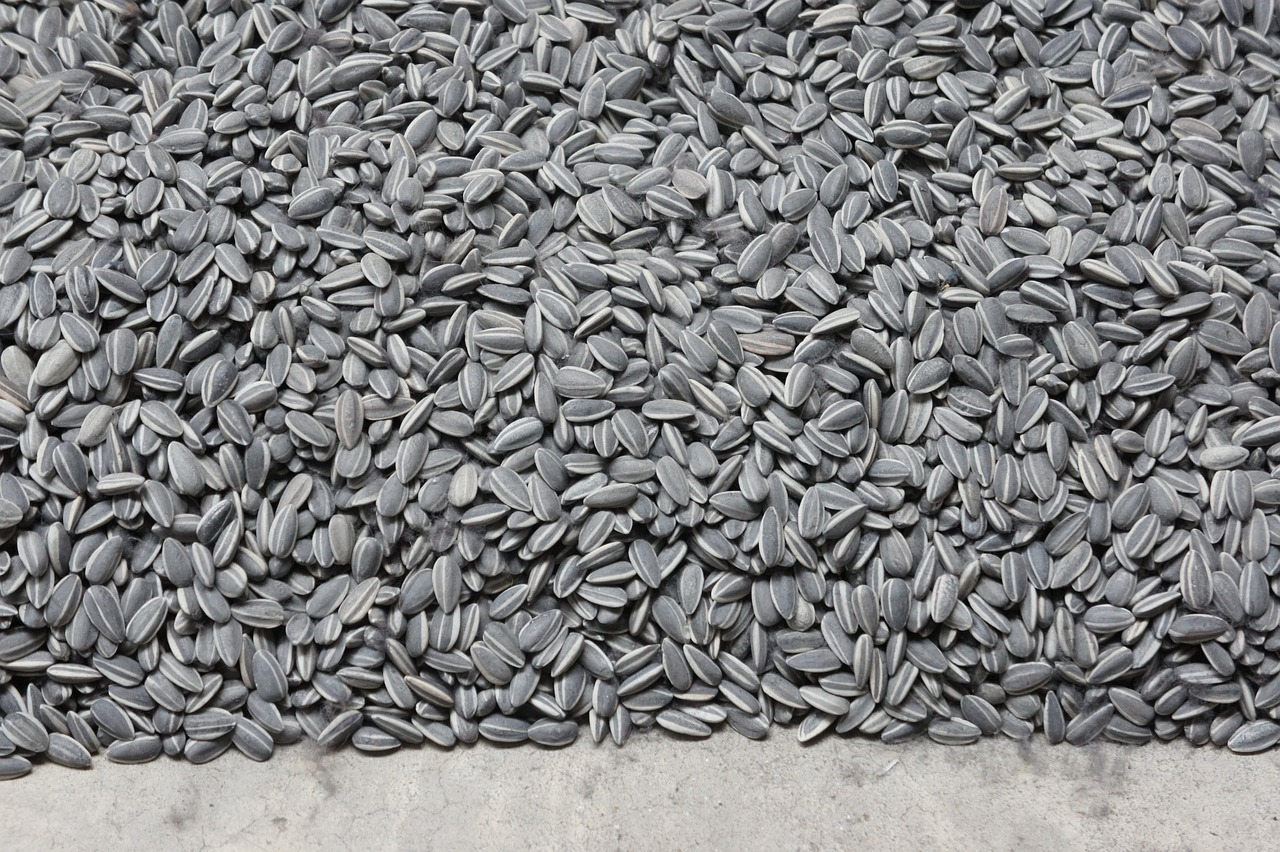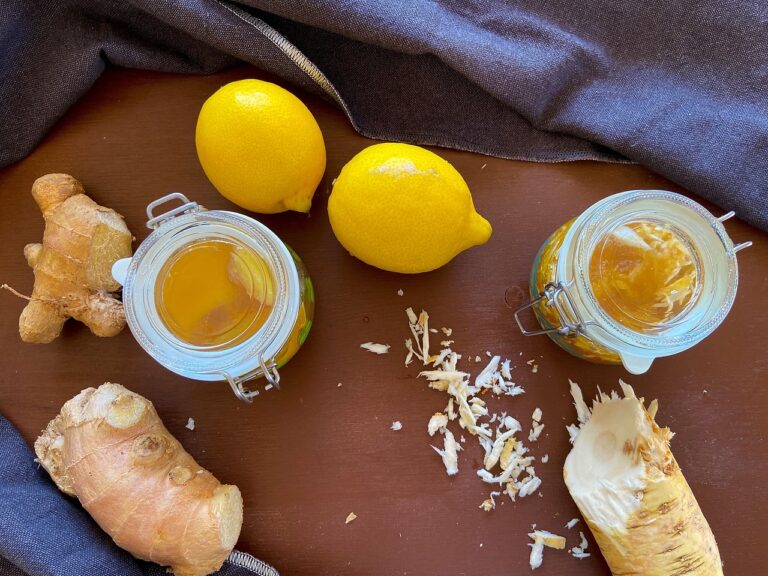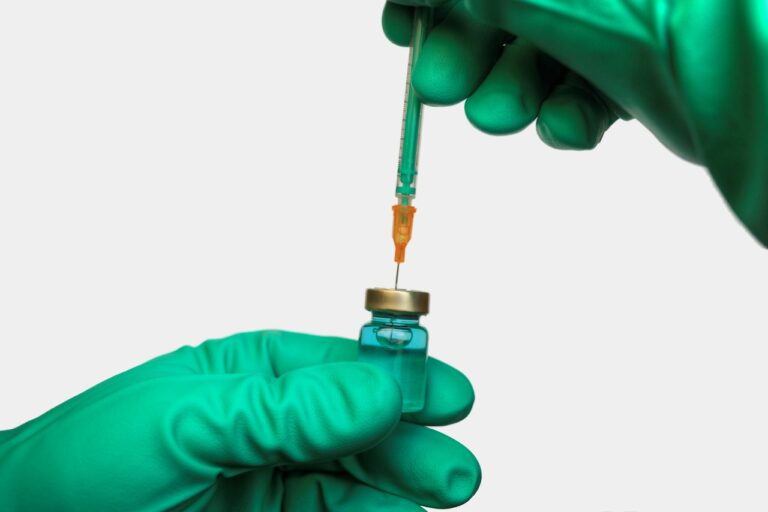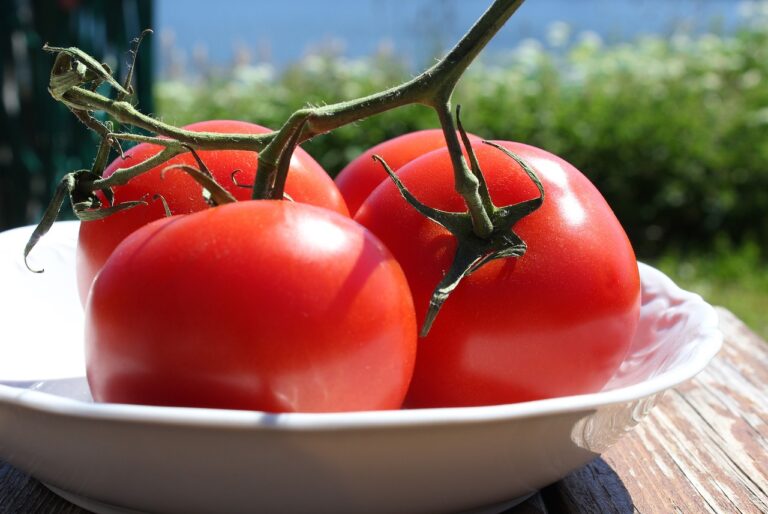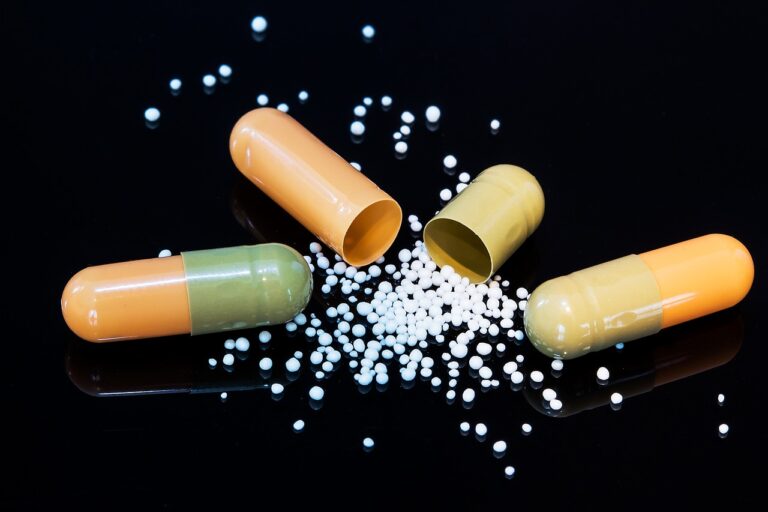The Role of Coenzyme Q10 in Fertility
allexchbet, 99exch, all panel.com: Coenzyme Q10, also known as CoQ10, is a powerful antioxidant that plays a vital role in energy production within the cells of the body. While it is most commonly known for its benefits in heart health and overall wellbeing, recent research has shown that CoQ10 may also have a significant impact on fertility. In this blog post, we will explore the role of Coenzyme Q10 in fertility and how it can potentially improve reproductive health in both men and women.
What is Coenzyme Q10?
Coenzyme Q10 is a naturally occurring compound found in every cell of the body. It is essential for the production of adenosine triphosphate (ATP), which is the primary source of energy for cellular functions. CoQ10 also acts as a potent antioxidant, protecting cells from damage caused by free radicals.
How does Coenzyme Q10 affect fertility?
Studies have shown that Coenzyme Q10 plays a crucial role in the health of both male and female reproductive systems. In men, CoQ10 has been shown to improve sperm quality, motility, and overall count. It can also protect sperm cells from oxidative stress, which can lead to DNA damage and decreased fertility.
In women, Coenzyme Q10 may help improve egg quality and ovarian function. As women age, the number and quality of eggs decrease, making it more challenging to conceive. CoQ10 can help support ovarian health by protecting eggs from oxidative damage and improving mitochondrial function, which is essential for energy production in the cells.
Overall, Coenzyme Q10 can support fertility by improving the overall health of the reproductive systems in both men and women. By providing cells with the energy they need to function properly and protecting them from damage, CoQ10 can help increase the chances of conception.
How can you increase your Coenzyme Q10 levels?
While Coenzyme Q10 is produced by the body, levels naturally decline with age. To support fertility, you can increase your CoQ10 levels through supplementation or by consuming foods rich in this powerful antioxidant. Some foods high in Coenzyme Q10 include:
– Organ meats such as heart, liver, and kidney
– Fatty fish like salmon, mackerel, and sardines
– Nuts and seeds, particularly peanuts and sesame seeds
– Spinach and broccoli
– Whole grains like wheat germ and oats
Additionally, Coenzyme Q10 supplements are widely available and come in various forms, such as capsules, soft gels, and powders. It is essential to consult with a healthcare provider before starting any new supplement regimen, especially if you are pregnant or breastfeeding.
FAQs
Q: Can Coenzyme Q10 help with infertility?
A: While CoQ10 can support fertility by improving reproductive health in both men and women, it is not a cure for infertility. It is essential to work with a healthcare provider to address any underlying issues that may be affecting fertility.
Q: How long does it take for Coenzyme Q10 to work?
A: The time it takes for CoQ10 to have an effect on fertility can vary from person to person. It is recommended to take CoQ10 consistently for at least three months to see any noticeable improvements in reproductive health.
Q: Are there any side effects of taking Coenzyme Q10?
A: Coenzyme Q10 is generally considered safe for most people when taken in recommended doses. Some individuals may experience mild side effects such as nausea, diarrhea, or stomach upset. It is crucial to follow the recommended dosage instructions and consult with a healthcare provider if you have any concerns.
In conclusion, Coenzyme Q10 plays a significant role in fertility by supporting reproductive health in both men and women. By increasing CoQ10 levels through supplementation or dietary sources, individuals can potentially improve their chances of conception. Remember to consult with a healthcare provider before starting any new supplement regimen, especially if you are trying to conceive.

